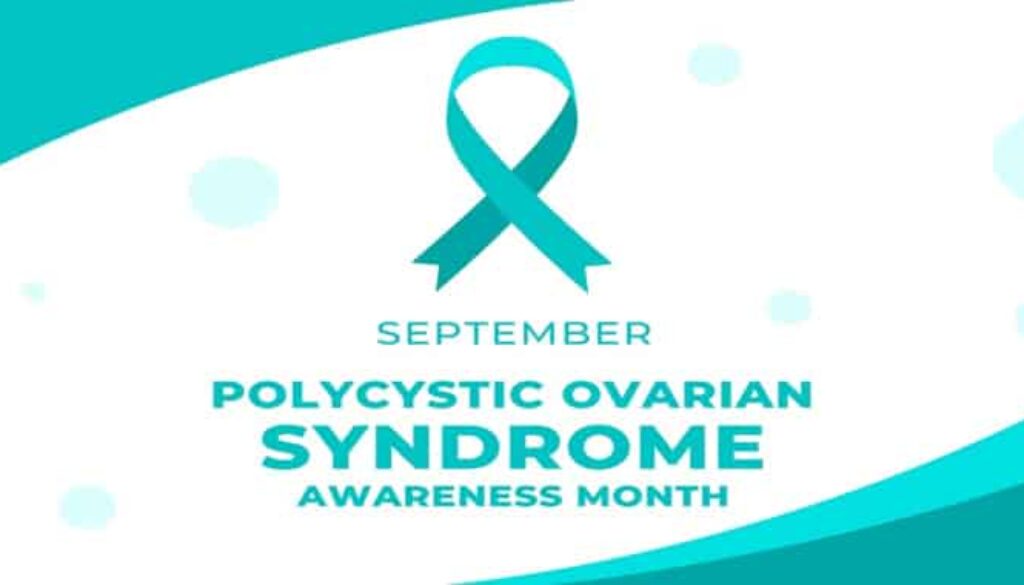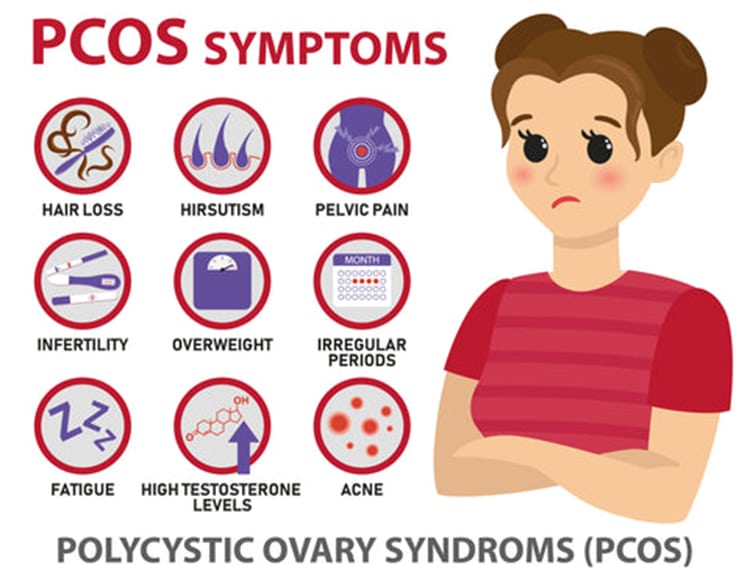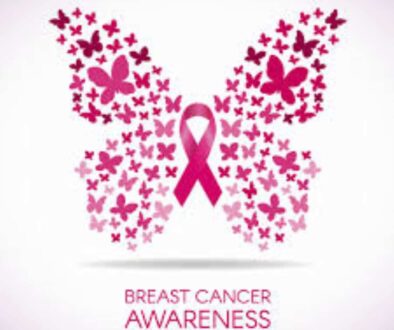Polycystic Ovary Syndrome Awareness Month
Polycystic ovary syndrome (PCOS) is the most common hormonal disorder in women of reproductive age. It affects about one in 10 women and is associated with increased levels of insulin and androgens (male-type hormones) in your body.
Polycystic ovary syndrome Symptoms Include:
Irregular or no periods
High levels of androgens and insulin in your body can affect your menstrual cycle. Some girls with PCOS may have regular periods, others may have heavy or light periods, irregular periods or no periods. Some girls may not start their periods at all due to PCOS.
Hair loss (alopecia)
PCOS can cause scalp hair loss like male pattern baldness. That results in hair that recedes in the front and is thinning on top.
Excess hair (hirsutism)
PCOS can also cause excess hair growth on your face and body due to high levels of male hormones. It usually grows in areas where men grow hair such as sideburns, chin, upper lip, lower abdomen, chest, thighs and around your nipples.
About 60% of women with PCOS have excess hair growth.
Skin conditions
Acne is common in teenage years, but women with PCOS may continue to have severe acne.
The higher levels of androgens can enlarge oil-production glands on your skin, which can cause pimples. PCOS can also cause skin tags. In addition, you might also develop rough, dark, velvety patches of skin in your armpits or on your neck.
Stress, anxiety and depression
Yet another thing that causes stress, anxiety and depression. Possibly due to hormonal changes, but more research is needed to understand how certain hormones affect our emotional wellbeing.
Many women experiencing excess body hair and weight will find that it affects their self-esteem and body image. Women may also feel anxious or depressed if they are planning to have a child because PCOS causes fertility issues.
Weight
Women with PCOS can gain weight and it can be hard to manage when you have PCOS. Research suggests that hormones involved in controlling appetite and hunger aren’t regulated properly in some women with PCOS.
If you or a female you know are experiencing some of these symptoms, you may want to see an endocrinologist for a diagnosis.
To help with your hair loss issues, please call us for a complimentary consultation: Hair Solutions of Long Island





